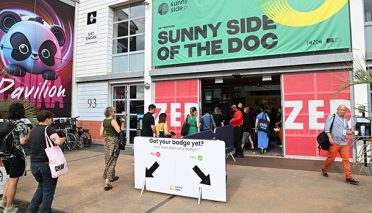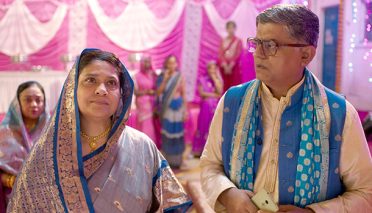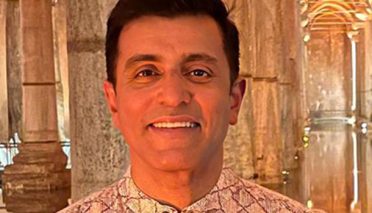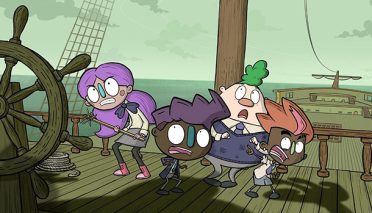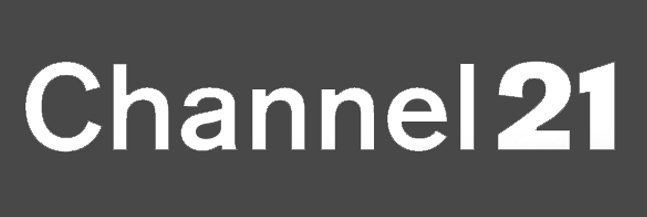 Jan Maxa at Česká Televize is using his expert knowledge of the Czech audience to counter the ongoing funding freeze at the public service broadcaster.
Jan Maxa at Česká Televize is using his expert knowledge of the Czech audience to counter the ongoing funding freeze at the public service broadcaster.
This CEE100 profile was written and published prior to Jan Maxa’s departure from Česká Televize after 12 years in June 2024. Maxa has since begun working with annual TV event Serial Killer Festival and the international education platform Television Institute.
You rarely get commissioners asking to be pitched producers’ most boring concepts for a new TV show. But not all commissioners are as finely tuned to their audience’s tastes as Jan Maxa, director of content and new media at public broadcaster Česká Televize.

Jan Maxa
“Czechs seem to feel guilty when they enjoy themselves in front of the screen. They need a sense of purpose. Most gameshows and talent shows have very short and unhappy lives,” explains Maxa when discussing importing entertainment formats into the Czech Republic.
Hence quizshows – and especially the kind of quizshows that audiences in other countries might find a little dry – work so well on Česká Televize.
“The more boring they are, the more the audience loves them,” adds Maxa, who highlights Pointless – a hit early access primetime in its native UK – as an example of the kind of quiz that Czech audiences hated.
“Out of desperation I went to Mipcom and told all the format suppliers, ‘I need the most boring quizshows you have in your catalogue,’” remembers Maxa, who was presented with a paper format called National Pride by a sales exec from Endemol Shine Group.
This became the long-running teatime Česká Televize quizshow Kde domov můj? (Where’s My Home?), which launched on flagship channel ČT1 in 2016 and whose popularity shows no sign of waning. Hosted by Aleš Háma, it challenges contestants on their general knowledge of the Czech Republic.
At Česká Televize, Maxa oversees a group of 15 creative producers and approximately 500 projects in development in all TV genres, including drama, entertainment, factual and documentary, as well as children’s programmes.
His team is responsible both for in-house development and production, as well as commissioning from independent producers. In addition, the development team also manages coproduction of cinema projects, international coproductions and pre-sales. In recent years, Česká Televize has consistently kept a market share of around 30%, a figure Maxa admits to being “amazed by.”
Like many public broadcasters around the world, Česká Televize faces a certain degree of hostility from the national government and has had its licence fee, which accounts for around 85% of its budget, frozen since 2008. Maxa wants to see it increased, but such a move won’t be popular during a cost-of-living crisis.

Long-running general knowledge quizshow Kde domov můj?
“We’re facing quite severe spending cuts. Our challenge is to make the politicians understand that they can’t hide their heads in the sand for much longer and that they either will do something about our financing or we will have to start cutting the service significantly.
“Nobody seems to want that, although I’m not saying all Czech politicians are keen on having a public broadcaster, or having a public broadcaster of this shape and size. But I think the consensus of the mainstream part of the political spectrum is that they will probably have to do something about it. So hopefully they will,” says Maxa.
In April 2020, Maxa also became the head of new media projects of Česká Televize, preparing a new organisational and process structure for web and mobile products. The media veteran is open when it comes to where Česká Televize sits on the sliding scale of ‘digital-first’ pubcasters, with the likes of the BBC in the UK making it a priority and investing millions in the process.
“We certainly are not a digital-first broadcaster, that’s for sure. Most of what we do goes first to linear broadcast. I would even say we are not really aiming [to become digital-first] because if you say ‘aiming,’ it means we are actively pursuing that goal,” says Maxa, who highlights the still-strong habit of watching linear TV in his homeland.
“In the Czech Republic, the average time spent on linear television has barely moved. In fact, it increased during Covid. It’s still well over three hours across the age groups, and even in the young age group it’s still over an hour.”
However, Maxa is aware the ‘new media’ in his job title will become known simply as media eventually. “We’re well aware of the fact that it will come. And we are preparing ourselves for it. We are already going, especially for the younger age group, digital-first and digital-only. I can’t say the whole broadcaster is moving there, but certainly in the content we create for younger age groups we’re very active.”
Decades ago, in the 1970s and 1980s, Česká Televize was a frequent collaborator with Germany’s public broadcasters, but by the 2000s and 2010s such partnerships were far from common. That was until around a decade ago when the Česká Televize management realised things needed to change.
“Nobody can go it alone these days, especially in a small market with a weird language and a limited amount of financing,” says Maxa, who cites public and private broadcasters in Slovakia as Česká Televize’s most frequent partners, alongside Franco-German cultural broadcaster Arte, while increasingly pubcasters in German-speaking Europe, like ORF, ARD, ZDF and KiKa, are getting in on the act.

Czech-German paranormal procedural copro We’re On It, Comrades!
“We’re also looking at working with SVoD operators, even the local ones. This has created a bit of controversy because some view sharing with a commercial broadcaster as a betrayal of the public broadcaster’s mission. But it’s the way to go to multi-source financing and survive in ever more challenging conditions,” says Maxa.
Previous coproductions have included the historical Czech-Austrian drama Marie Terezie (Maria Theresia). Serialised in five parts, the drama concluded last year, with ČT1’s coproduction partners on the fifth edition including ORF, ZDF-Arte and BetaFilm.
In the pipeline is procedural series We’re On It, Comrades!, a copro with ZDF and Barletta Productions, which follows an investigative team that explores paranormal activities during the 1980s, reviving the spirit of the time when Czech and German collaborations were at their peak.
“ZDF has been telling us for years that they don’t want to coproduce period drama and procedural drama. And we ended up doing a period procedural drama. This shows you how complex the development of international series is. But this is a very interesting project and I’m really looking forward to it,” says Maxa.
Another forthcoming series that will air on Česká Televize as a result of an international partnership is Those Who Stayed, the Ukrainian war anthology series filmed in the country since Russia’s full-scale invasion.
“It’s a great, moving story. We’ve read the scripts and seen some of the footage. We were afraid there would be a lot of pathos and taking things only seriously, which would be fully understandable. But for a Czech way of looking at things, it’s much more natural for us if humour and weirdness is involved, as that’s the way we look at our own history as well,” says the former content development director at CME Group.
The climate emergency is an area of interest to Maxa, but although there is plenty of ambition among writers, particularly younger ones, to feature the topic in their dramas, they are yet to find a way to tell it within an interesting story. “At least from what we’ve seen so far,” he says. “It’s been good on the political side of things but weaker on the story side. Hopefully this will change. I’d love to do a drama series on that topic.”

Czech-Austrian period drama Marie Terezie
But while countries in Western Europe are seemingly forming coproduction alliances here, there and everywhere, Maxa isn’t optimistic the same formal partnership structures will follow in Central and Eastern Europe (CEE) any time soon. “One of my favourite quotes comes from the founder of TV Nova, who said in the 90s, ‘The only thing these countries in CEE have in common is Hollywood.’ He is still right. It’s a very diverse place and the countries have very different histories.
“For almost 100 years, the Czech Republic and Slovakia were part of one country and before that part of one empire. But culturally, some things work the same and some things don’t work at all. We have to learn how to work together. We have some way to go before we actually achieve that,” says Maxa.
Meanwhile, as what audiences are willing to embrace changes across Europe at varying speeds, Maxa feels his country may well embrace LGBTQ+ participants in dating shows, but even straight incarnations of the genre are yet to grace the broadcasters.
“Czech Republic is a fairly godless and liberal country so we don’t really have these kinds of problems. But I don’t think Czech TV has ever broadcast a dating show of any kind, so we haven’t started with LGBT yet. Otherwise these topics are covered in our dramas, documentaries and current affairs shows.
“Of course, there is always some reaction – we have an idiotic group of people called The Alliance for Family who think everything that is not straight and as it was 200 years ago will destroy the fabric of society. So yes, they send us angry letters about everything we do but that’s just proof we’re doing the right thing.”




